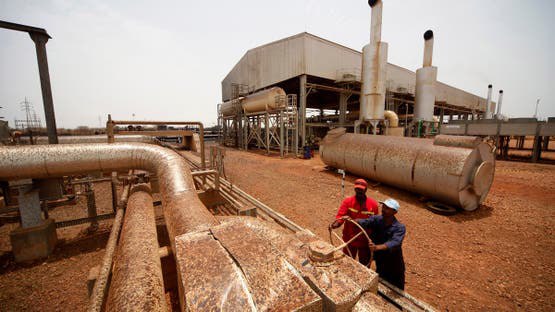Khartoum accuses "Rapid Support" of attacking oil facilities in Heglig and escalating shelling on El Fasher

The Sudanese government announced that the Rapid Support Forces launched an attack on vital oil facilities in the border area of Heglig, resulting in casualties among civilian workers.
The Ministry of Foreign Affairs stated in a statement that the attack occurred yesterday, Saturday, near the oil fields used to export crude oil from South Sudan through Sudanese territory, indicating that the government may have to suspend operations at the field and evacuate employees for security reasons, and the ministry did not disclose an accurate toll of human losses or the extent of the damage.
The Heglig fields are under Sudan's management in an area that has previously witnessed a border conflict with South Sudan.
In another development, the Sudan Doctors Network reported the death of 7 civilians and the injury of 71 others due to artillery shelling by the Rapid Support Forces targeting neighborhoods in the city of El Fasher, the capital of North Darfur state.
The network stated in a statement that the city is facing "systematic extermination" through shelling, siege, and starvation, calling for urgent humanitarian corridors to be opened. This comes two days after the network announced the death of 24 people and the injury of 55 in shelling that targeted the central market and residential neighborhoods in El Fasher.
Local authorities and popular committees in El Fasher accuse the Rapid Support Forces of imposing a siege on the city since May 2024, despite international warnings about the dangers of continuing the fighting as it is a major center for humanitarian operations in the Darfur region.
Since the outbreak of fighting between the Sudanese army and the Rapid Support Forces in April 2023, more than 20,000 people have been killed according to official and UN estimates, while a study conducted by American universities indicates that the number may exceed 130,000. Approximately 15 million people have been displaced or sought refuge inside and outside Sudan, making the conflict one of the worst humanitarian crises in the world.